The Trump administration on March 13 asked the Supreme Court to narrow nationwide injunctions that have blocked Trump's plan to end birthright citizenship.
Acting US Attorney General Sarah Harris said in three emergency applications filed simultaneously in separate cases about Mr. Trump's plan to end birthright citizenship that it was a "modest" request, according to NBC News.

US Supreme Court in Washington DC
Notably, Ms. Harris did not ask the court to rule on the nature of the plan, which would apply nationwide. Instead, the Trump administration wants the court to limit lower court orders to individuals or groups who have sued against President Trump’s order, and potentially to people living in Democratic-led states that have challenged it.
After his inauguration on January 20, President Trump, a Republican, ordered US agencies to refuse to recognize the citizenship of children born in the US if neither of their parents is a US citizen or legal permanent resident, according to Reuters.
Harris also asked the court to allow the agencies to work on how to implement the executive order, which Trump issued on his first day in office, if it goes into effect. If the request is granted, the Trump administration could move forward with its policy and attempt to implement it in some form, according to NBC News.
US judge blocks Trump order restricting birthright citizenship
Most legal experts believe the proposal will fail and is unlikely to be implemented because the 14th Amendment to the U.S. Constitution states that anyone born in the United States is a citizen. At least five votes in the nine-justice Supreme Court are needed to approve the emergency request.
Mr Trump's lawyers argued that birthright citizenship should be limited to people whose parents are at least one US citizen or permanent resident.
The Trump administration’s three emergency applications stem from three cases across the country challenging the plan to end birthright citizenship. Federal judges in Maryland, Massachusetts and Washington all ruled that the plan was likely unconstitutional and blocked it. Appeals courts upheld those preliminary findings and declined to stay the ruling.
The lower court rulings apply nationwide, but Harris argued in her filing that judges do not have the authority to make such sweeping rulings. Such broad injunctions “undermine the executive branch’s ability to function,” Harris said.
Harris also argued that states do not have legal standing to sue, saying they cannot bring 14th Amendment claims on behalf of their residents, according to NBC News.
Source: https://thanhnien.vn/dong-thai-moi-lien-quan-quyen-co-quoc-tich-my-theo-noi-sinh-185250314065301302.htm


![[Photo] President Luong Cuong attends the inauguration of the international container port in Hai Phong](https://vphoto.vietnam.vn/thumb/1200x675/vietnam/resource/IMAGE/2025/5/13/9544c01a03e241fdadb6f9708e1c0b65)

![[Photo] Many people in Hanoi welcome Buddha's relics to Quan Su Pagoda](https://vphoto.vietnam.vn/thumb/1200x675/vietnam/resource/IMAGE/2025/5/13/3e93a7303e1d4d98b6a65e64be57e870)

![[Photo] Prime Minister Pham Minh Chinh receives Ambassador of the French Republic to Vietnam Olivier Brochet](https://vphoto.vietnam.vn/thumb/1200x675/vietnam/resource/IMAGE/2025/5/13/f5441496fa4a456abf47c8c747d2fe92)



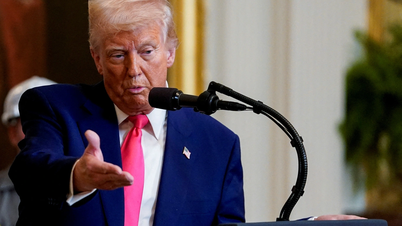




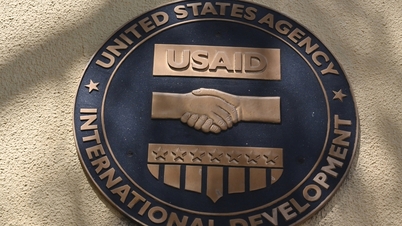
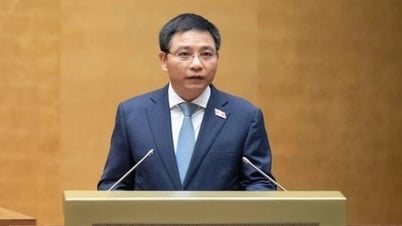



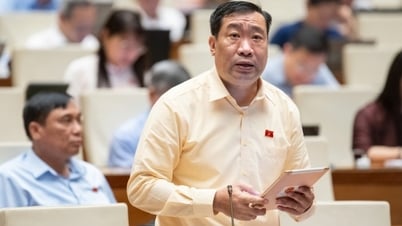






























































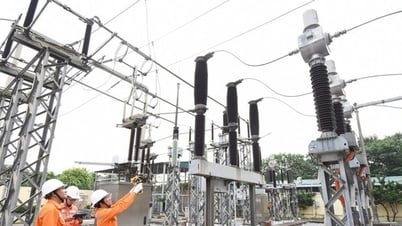















Comment (0)